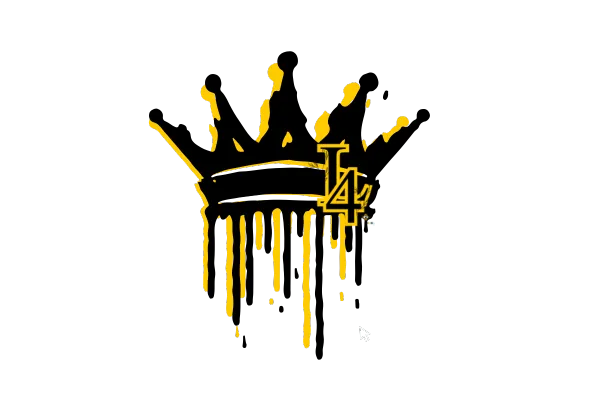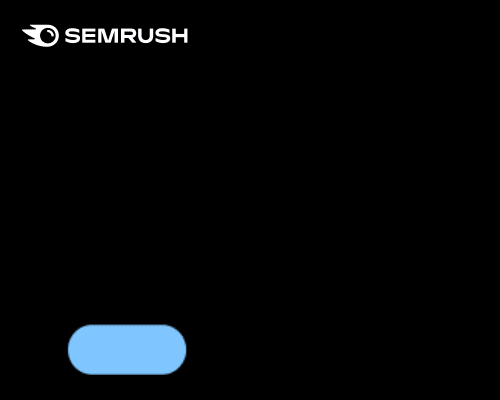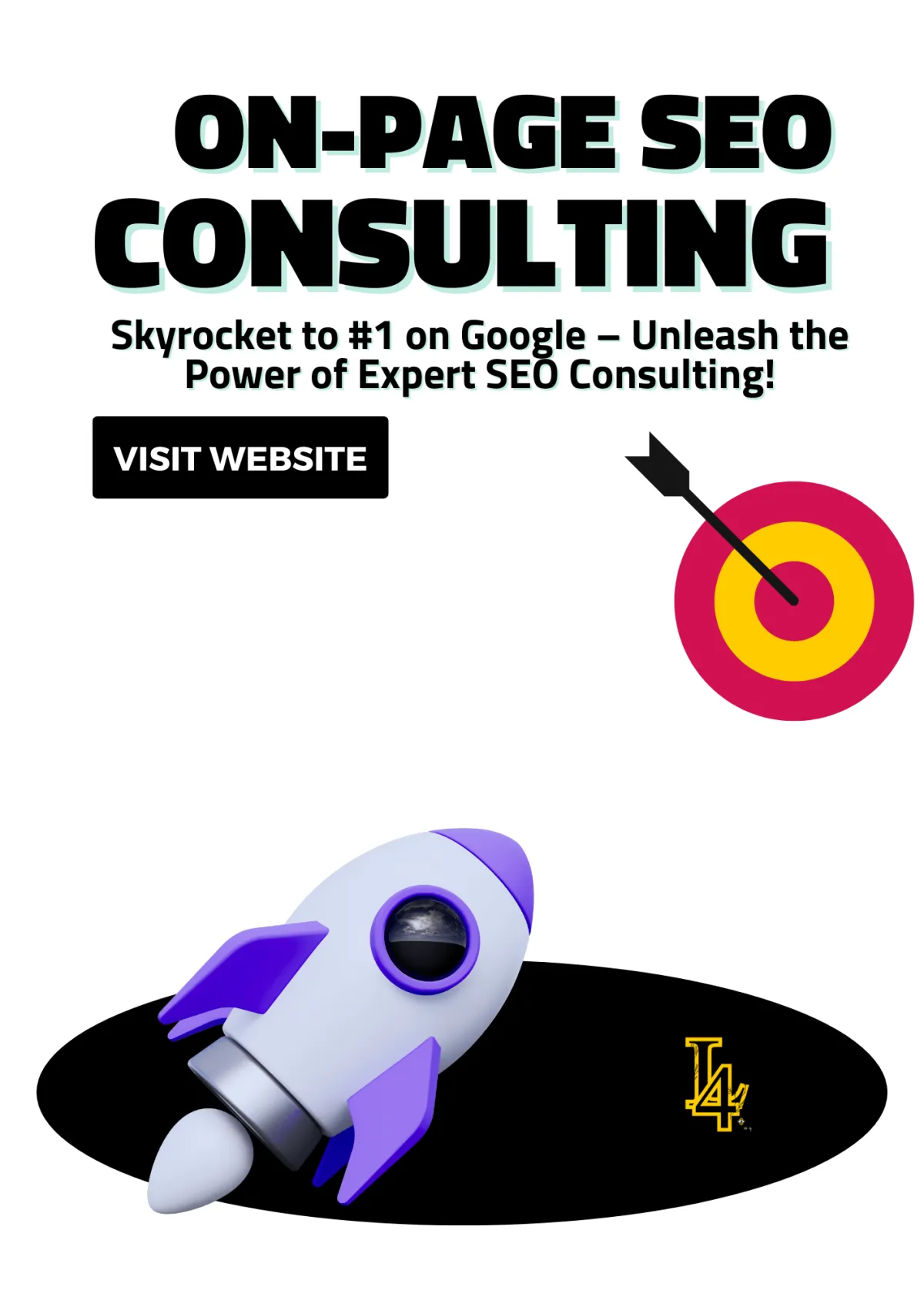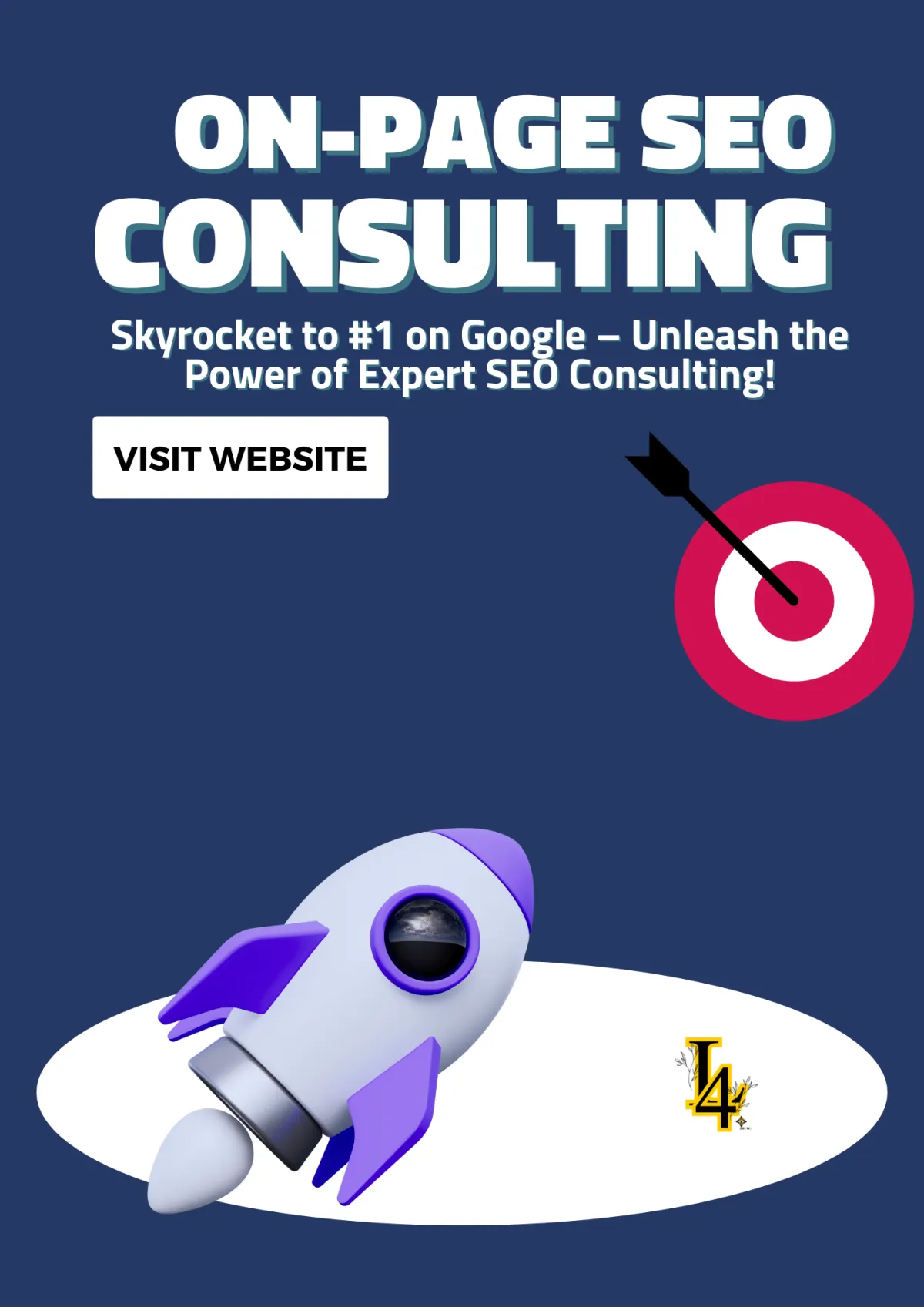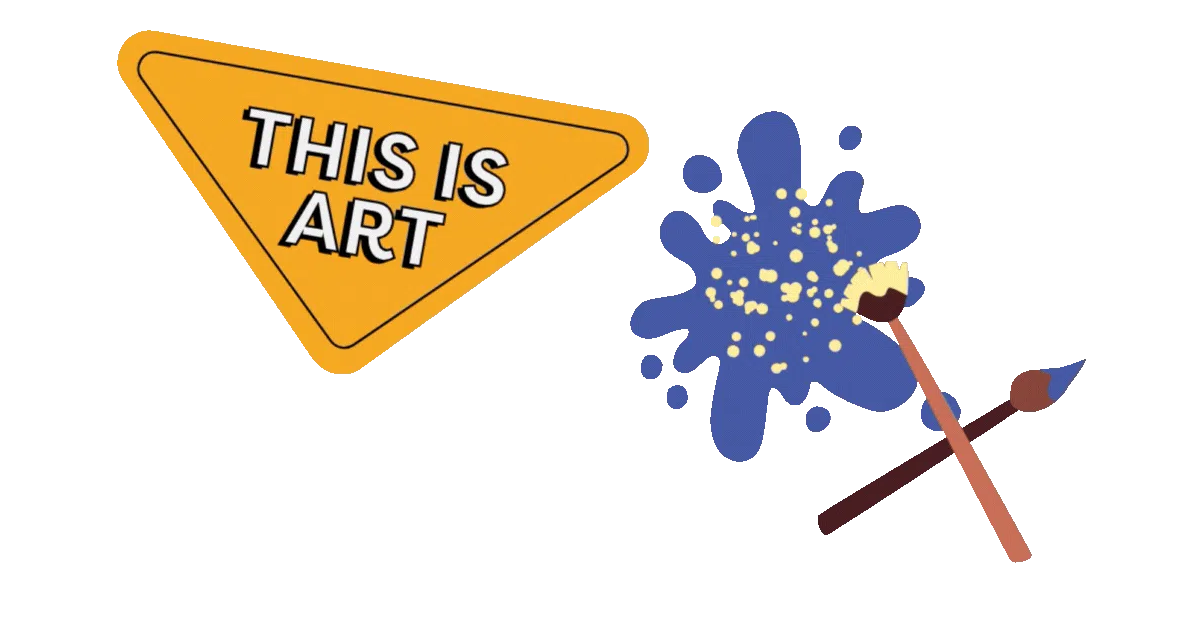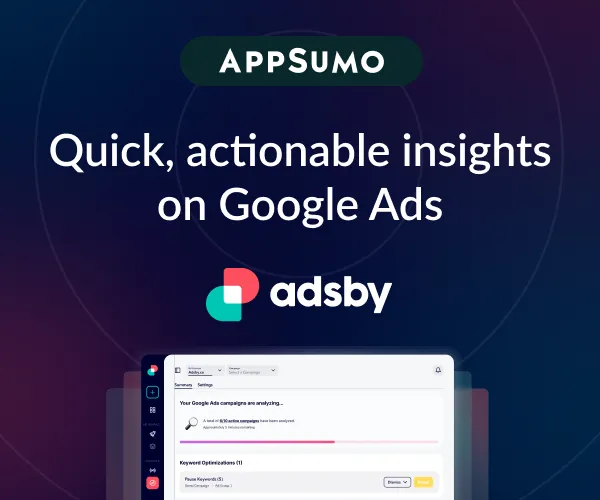
How I Got My Name Off Google (And Helped Clients Clean Theirs Up Too)
Ever Googled yourself and cringed?
I have — and so have many of my clients. From outdated bios and embarrassing old blogs to full-on false information, your name on Google can easily become a liability if you’re not careful.
That’s why I’ve made it part of my work to help people get their name off Google — or at least clean up what shows up. If you're asking, "How do I get my name off Google?" — here’s what actually works.

🤔 Why Would You Want Your Name Off Google?
Let’s be honest: your name is searchable. Always.
And in today’s world, what shows up can affect:
Job applications
Business deals
Legal matters
Personal safety
Mental health
And your overall reputation
Maybe there’s an old post that no longer reflects who you are. Maybe you’ve been doxxed. Maybe you’re just tired of your digital past.
Whatever the reason, you deserve some control — and yes, you can clean it up.
🡒 Want to go deeper? Here’s how I help clients delete themselves from the internet
🚨 Can You Really Get Your Name Off Google?
Short answer: not entirely.
But you can control what shows up — and in many cases, you can remove outdated or sensitive content from Google's search results.
Google doesn’t host the content — it just indexes it. So the goal is either to:
Remove the content at the source, or
Ask Google to stop showing it in search results
Here’s how I do both — for myself and for my clients.
✅ How to Get Your Name Off Google (Step-by-Step)
1. Search Your Name and Make a List
Use quotes to narrow results: "First Last"
Then try adding city, job, or username.
Make note of:
Social media profiles
News articles
Old blog posts
People search listings
Images
🡒 Need help auditing your online presence? Start with this reputation analysis guide

🧹 2. Remove Content You Control
If you're serious about cleaning up your online presence, the fastest wins come from removing the stuff you already control. You don’t need anyone’s permission — you just need to log in and start making decisions.
This is where I began, and it made a huge difference almost immediately.
📝 Delete Old Blog Posts or Personal Sites
I had personal blogs from years ago — and let’s just say some of it didn’t age well.
Outdated opinions, broken links, way too much personal detail… gone.
If you have an old WordPress, Blogger, or Squarespace site gathering digital dust, either:
Unpublish the pages
Hide them behind a login
Or delete the whole site
If it’s not helping your image, it’s probably hurting it.
📱 Update or Delete Social Media Accounts
We all evolve, but our social accounts don’t always reflect that.
I reviewed:
Twitter/X accounts from a previous career
A Tumblr that was oddly still public
Facebook pages I forgot I managed
LinkedIn profiles with duplicate or outdated info
You don’t have to delete everything, but clean, update, or deactivate anything that doesn’t match your current professional or personal image.
🏷 Remove Tags from Photos or Posts
I found old party photos, tagged by friends, still floating around on Facebook and Instagram.
I went through:
Photo tags
Check-ins at specific addresses
Comments linking me to locations
I untagged myself, changed privacy settings, or asked people to take them down. Most were happy to do it — they just didn’t realize it was a concern.
✍️ Edit Outdated Bios and Author Pages
Anywhere I had guest posted or contributed articles in the past, I double-checked the author bios.
Some still had:
My old job title
A direct email address
Even a reference to my neighborhood or city
I emailed editors and site admins with updated info — most made the change quickly, especially when I mentioned personal privacy and reputation management.
❌ Unpublish Anything That No Longer Serves You
This one’s hard, but necessary:
If you’ve got content that no longer fits who you are or what you do — let it go.
Old side projects, unpolished videos, podcasts from a past life — they all leave a trail. If they’re not helping your reputation today, archive or unpublish them.
✅ Pro Tip: Make It Private, Not Just Invisible
Hiding something isn’t the same as removing it.
Where possible, actually delete the content — not just hide the link or remove it from navigation.
If deletion isn’t possible, make it private or password-protected so it can’t be indexed by search engines.
🡒 Want help managing all of this in one place? Explore my brand protection tools here

📬 3. Request Removal from Site Owners
Once you've cleaned up the content you control, the next step is tackling content you don’t own — but still affects your reputation. This could be an old article, an outdated bio, a mention in a press release, or even a photo someone else uploaded.
And yes — you can often get this content taken down.
I’ve done it for myself and my clients, and while it takes a bit of tact, it’s surprisingly effective when you approach it the right way.
🧠 Step 1: Identify What You Don’t Own
Use a search engine (and your reputation audit) to track down:
Articles or blog posts mentioning your name
Old forum threads where you’re discussed or quoted
News pieces with outdated or damaging info
Old event listings with personal contact details
Guest post bios you no longer have access to
Photos posted by other people
If it shows up in search but isn’t on a platform you manage — it’s a good candidate for this step.
✉️ Step 2: Reach Out to the Site Owner
When I reach out, I keep it short, professional, and non-confrontational.
Here’s the structure I use:
Subject: Request to Remove/Update Personal Information
Hi [Name],
I hope you’re well. I came across [page or article title + link] and noticed it includes some outdated personal information or references to me that I’d like to have removed (or updated).
Would you be open to taking it down or editing the section for privacy and accuracy reasons?
I’d really appreciate it. Let me know if you need anything from my end.
Thanks so much,
[Your Name]
🎯 Be Clear and Specific
Don’t just say “please remove this.” Say exactly what you’re asking them to do:
Remove your name
Replace your bio
Blur or crop a photo
Take down the entire page (if it's no longer relevant)
The clearer you are, the faster they’ll act.
🛡 Use the Right Leverage (If Needed)
If the site doesn’t respond, or they decline, you may have legal grounds to escalate — especially if:
Your home address, phone number, or personal identifiers are exposed
The information is false or defamatory
The data violates local laws (such as GDPR in the EU or California Privacy Rights Act)
You can mention these laws politely — not as a threat, but as a reminder.
For example:
“I understand the content is under your control, but I believe this may fall under personal data protection guidelines (such as GDPR), and I’d like to resolve it respectfully before escalating.”
That alone is often enough to get them to cooperate.
🔗 Bonus: Ask Google to Remove Outdated Results
If the content was already deleted, but still shows up in search, request removal through Google’s Remove Outdated Content Tool.
🡒 Not sure how to handle this? I walk through this process in my Reputation Analysis Guide

4. Use Google’s Removal Tools
If the content is:
Outdated
No longer exists
Shows sensitive info (like your SSN, address, or financial data)
Considered “doxxing” or harassing
…you can request Google to remove it from search results.
🛠 Tools to use:
Remove Outdated Content tool
Personal Information Removal Request
Image removal request form
🡒 Need to remove your address too? Here’s how I did it How I Removed My Personal Address from the Internet (And How You Can Too)

5. Suppress What You Can’t Remove
Some results won’t budge. In that case, we push them down.
How?
Build a personal website with your name
Publish updated, positive content (LinkedIn articles, guest blogs, interviews)
Create and optimize your profiles (LinkedIn, Twitter, About.me)
Share fresh media like podcast appearances or YouTube videos
This helps Google prioritize newer, higher-quality content — you bury the old with the new.
🡒 Learn how I build personal PR campaigns for this exact reason → How I Built My Personal PR Strategy from Scratch (And Got the Right People Talking)
6. Monitor and Maintain
Once you’ve cleaned up your name on Google, don’t stop there:
Set up Google Alerts for your name
Do monthly search audits
Monitor review sites and data brokers
Use a brand protection tool to catch re-posted or relisted info
🡒 Here’s the full checklist I give clients to manage reputation over time → Reputation Management Checklist
The Reputation Management Checklist That Saved My Business (Use This Before It's Too Late)
🙋♂️ Real Results I’ve Helped Clients Achieve
Got a client’s name removed from Google’s search results for an outdated legal case
Helped a freelancer suppress 5+ negative links with SEO-optimized content
Removed image results and people search listings from 15+ websites
Cleaned up the online footprint of a client prepping for a federal job background check
This works — if you know what to do and you stay on top of it.
🔐 Final Word: You Deserve Control Over Your Name
You don’t have to be famous for your name to matter.
In fact, the less known you are, the more important your online reputation becomes. You only get one first impression — and Google gives it before you ever speak.
If you’re tired of being misrepresented online, start taking control today.
Links Below👇
🡒 Want expert help? My brand protection service does this for you
🡒 Prefer a full digital reset? Here’s how to delete yourself online
🡒 Want to rebuild with purpose? Start here with personal reputation management
More Online Reputation Articles
Online Reputation Specialist Shares Secrets to Boosting Trust & SEO Rankings
Can Businesses Pay Yelp to Remove Bad Reviews?
No Cap: How to Avoid Bad Reviews with Happy Customers
Brand Reputation Management
The Shocking Truth About Measuring Reputation (Most Businesses Get It Wrong!)
Brand Reputation Marketing Secrets: How to Sell Without Saying a Word
How Reputation Analysis Helped Me Save My Business (and My Sanity)
Why Brand Reputation Management Is the New King of Business Growth
Protect Your Brand Reputation Before It’s Too Late (5 Moves You Must Make)
Personal online reputation management
21 Online Reputation Tips That Changed the Game for Me and My Clients
How I Deleted Myself from the Internet (And Helped Clients Disappear, Too)
How I Got My Name Off Google (And Helped Clients Clean Theirs Up Too)
